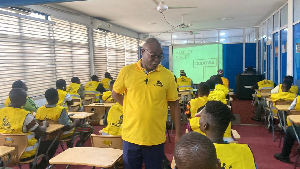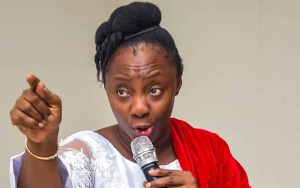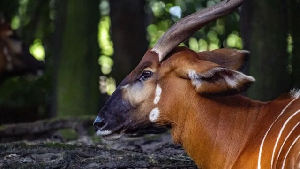Plan Ghana, a child-centred non-governmental organization, has inaugurated a 12-member Youth Advisory Panel (YAP) to help engage the youth in internal decision-making processes.
Plan International adopted a global strategy for Youth Engagement in internal decision-making in May, 2013.
The inauguration of the YAP is to facilitate the adaption of the global strategy and to establish as well as monitor a workable plan to see to its implementation.
The setting up of the YAP will build on existing experiences of working with children and youth through the National and Regional Children and Youth Advisory Boards established under the Violence Against Children Project.
Mrs Helena Obeng Asamoah, the Acting Director of Children’s Department at the Ministry of Gender, Children and Social Protection, lauded Plan Ghana for the initiative.
She urged other child-centred civil society organisations to emulate Plan Ghana’s example.
She said a study by the United States Agency for International Development showed that one in five persons globally are in the age bracket of 12 to 24 years and about 1.3 billion of these live in developing countries.
Mrs Asamoah said it was important that youth develop the skills they need to contribute to the wellbeing of their families, communities and nation at large.
She urged the YAP team to be good ambassadors of Plan Ghana.
Mr Kofi Adade Debrah, Plan Ghana Programme Support Manager, urged children and youth to be bold and speak their minds at all times.
Mr Joseph Assan, the Child Protection and Advocacy Specialist of Plan Ghana, said it was essential that young people were given the opportunity to articulate their views in decision-making, especially on matters which affect their wellbeing.
Mr Emmanuel Donkor, YAP Chairman, on behalf of his colleagues extended their appreciations to Plan Ghana for the honour done them, adding that they would be worthy ambassadors of the organization.
Plan has been working in Ghana since 1992, helping poor children to access their rights to health, education, food security and protection. Over 28,379 children in 300 communities across the country have benefited from their programmes.
Regional News of Wednesday, 25 February 2015
Source: GNA
















